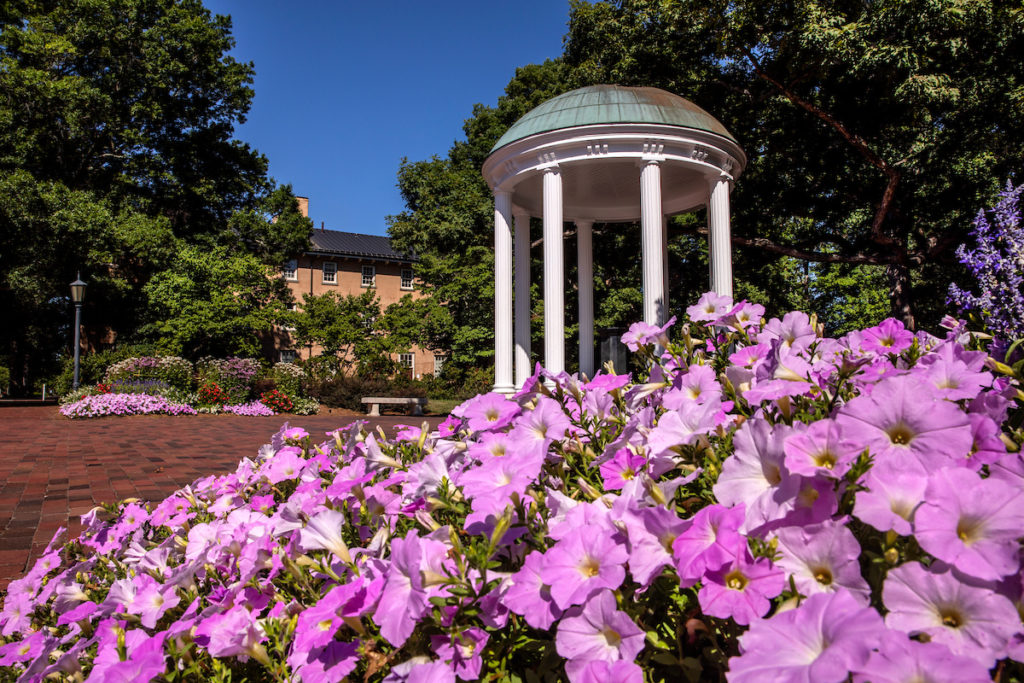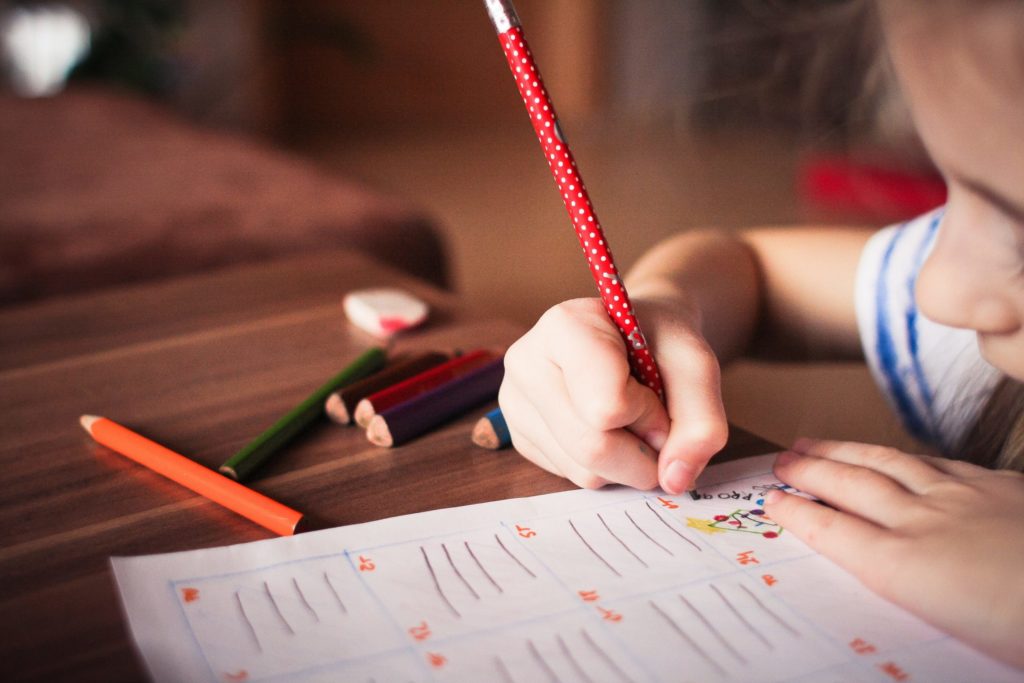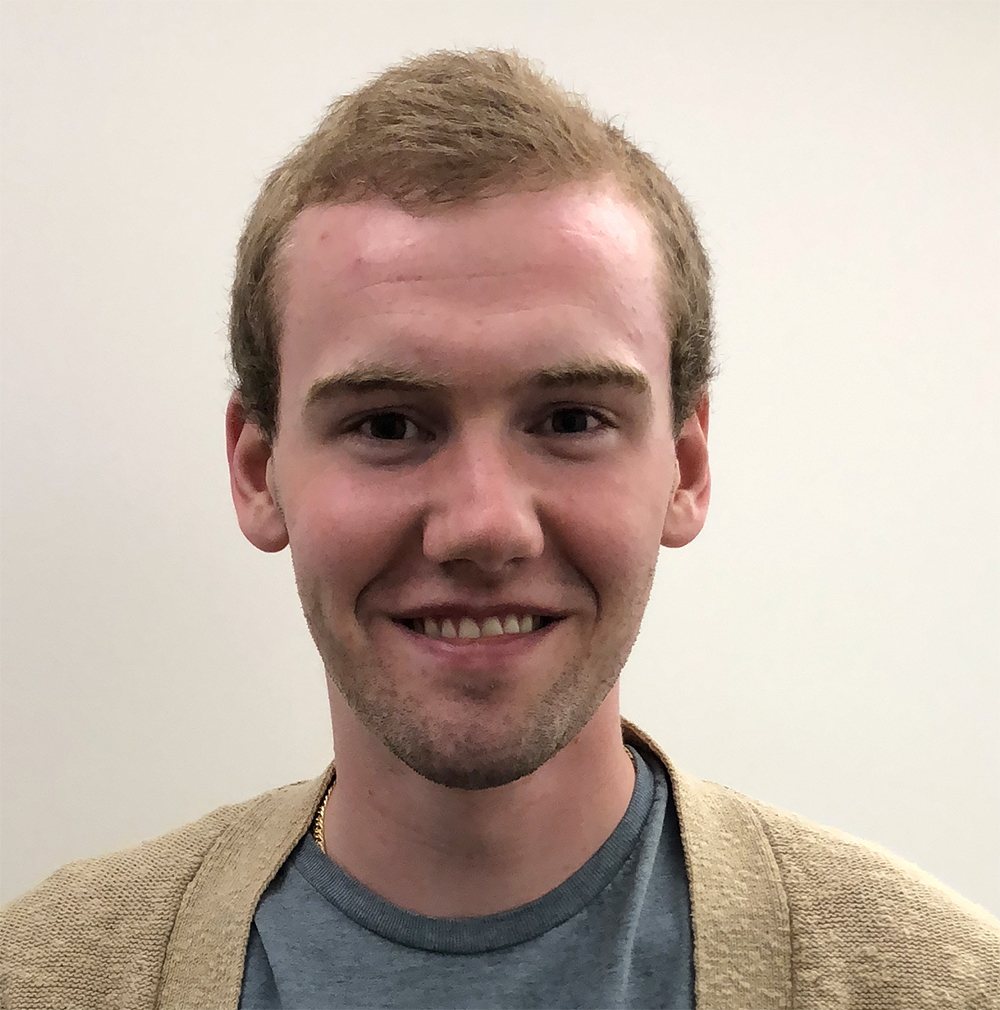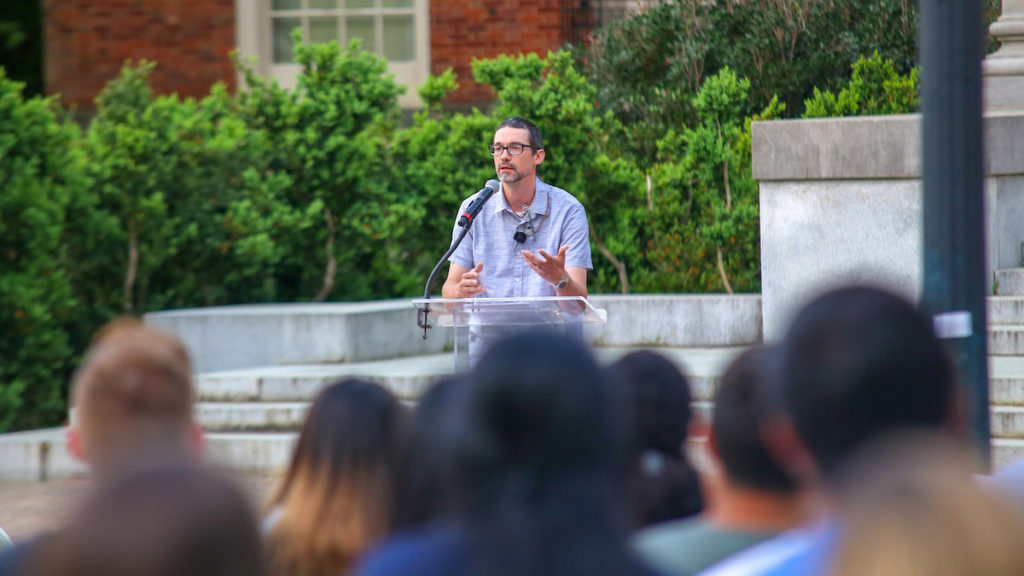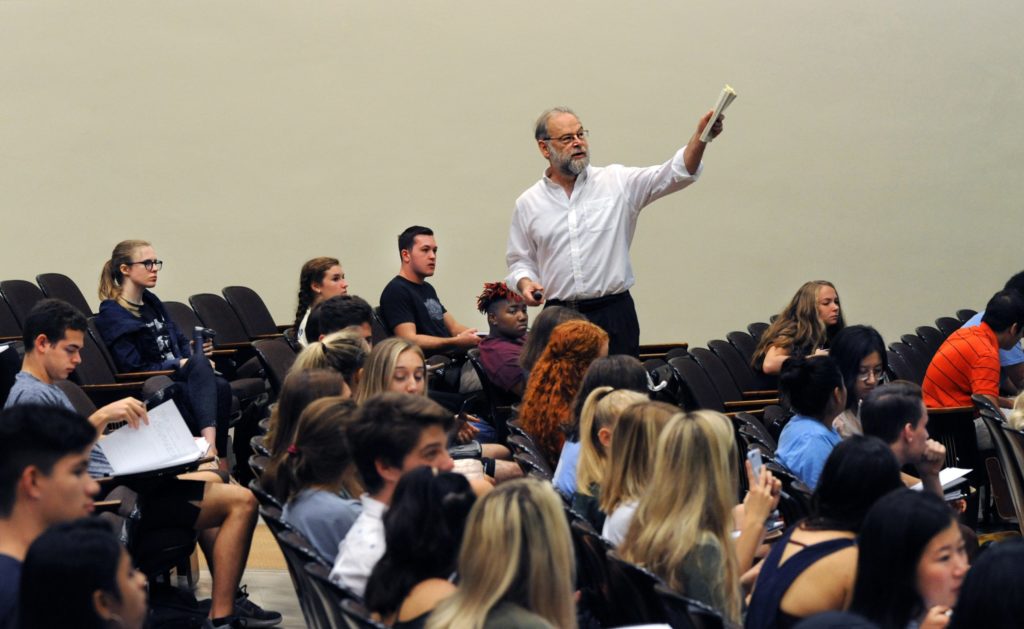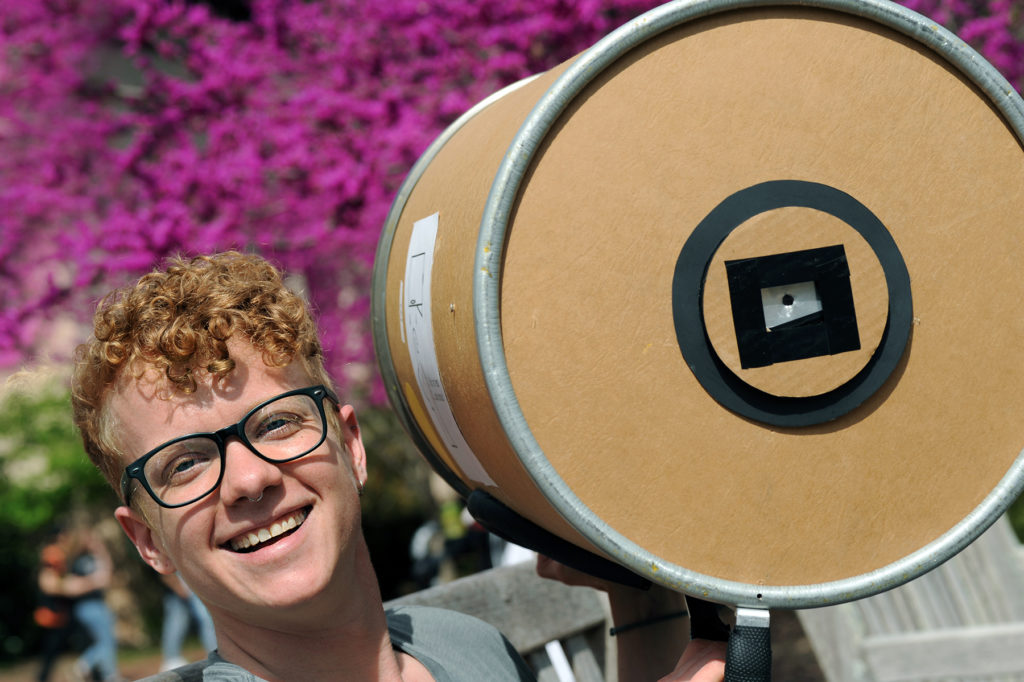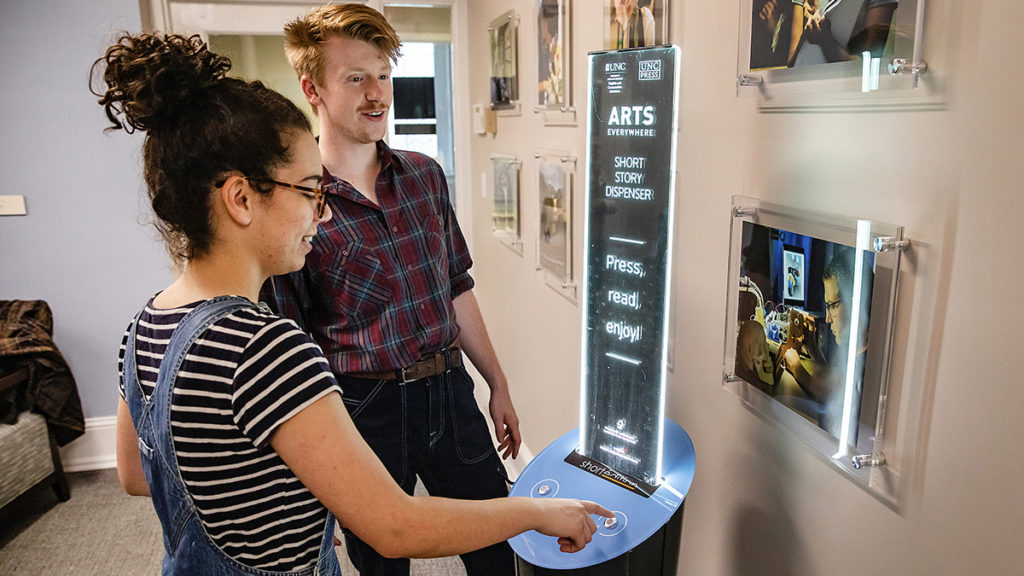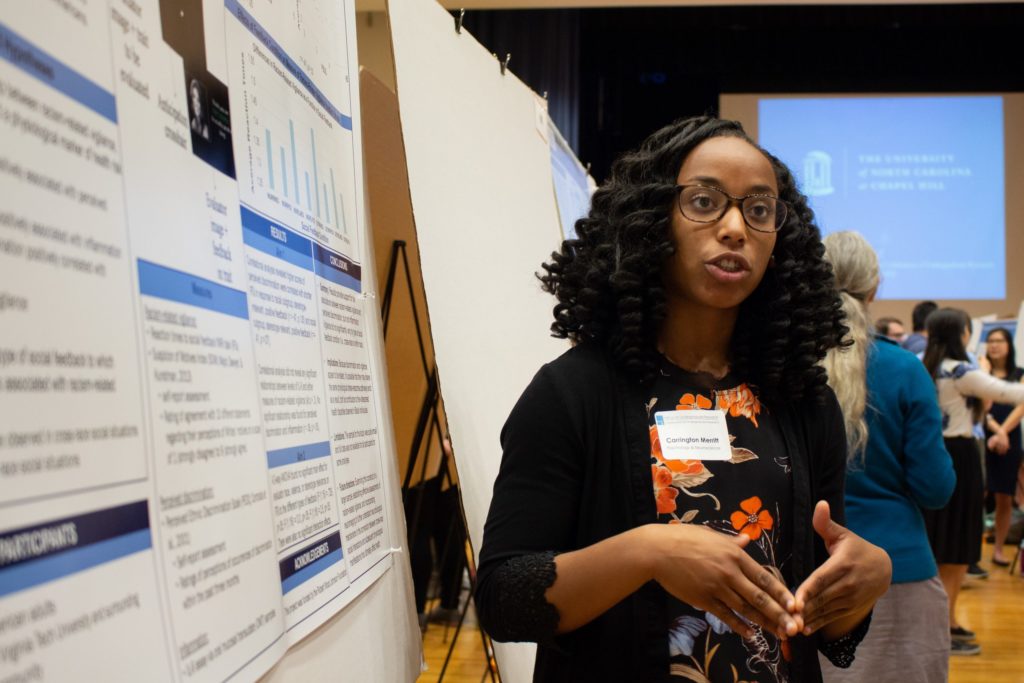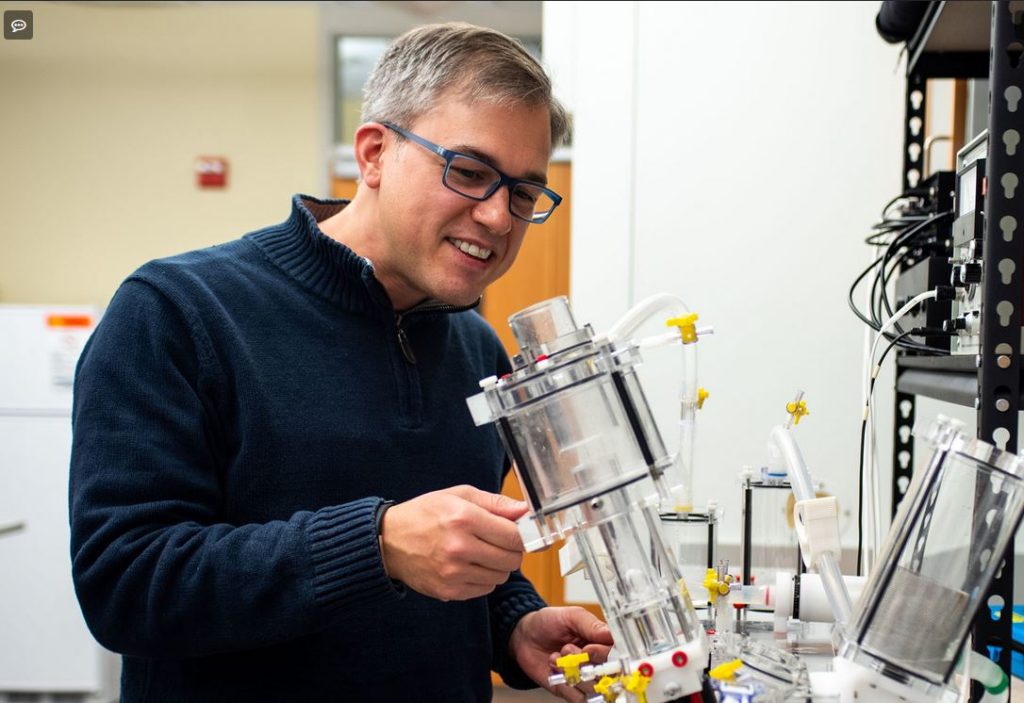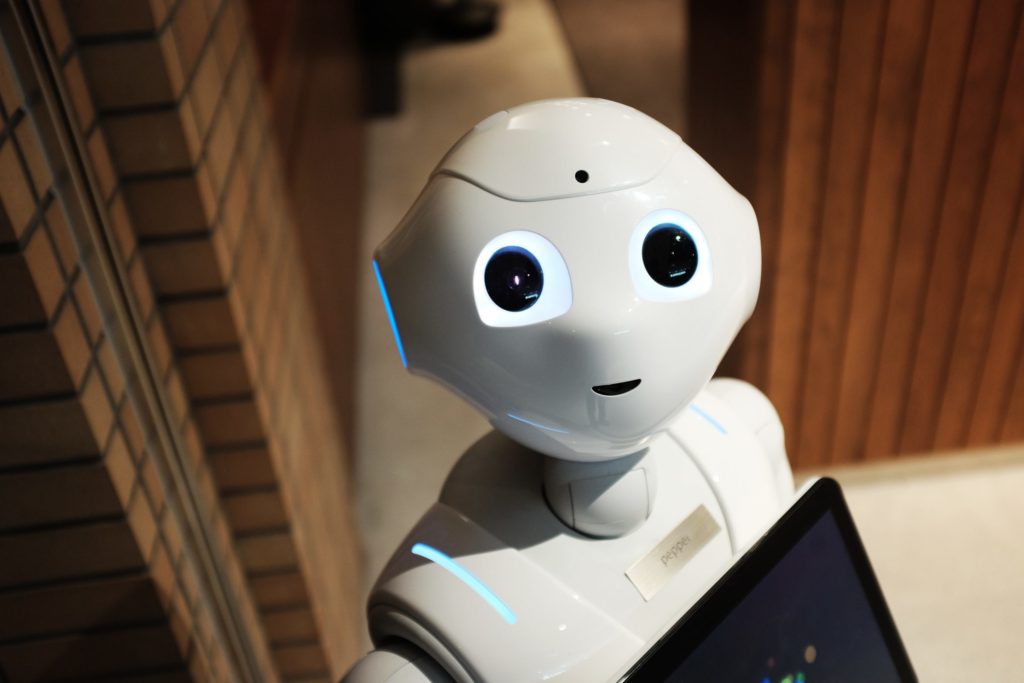Three from UNC-Chapel Hill elected to American Academy of Arts and Sciences
Three faculty members from UNC-Chapel Hill — Kathleen M. Harris, Jodi Magness and Bryan L. Roth — have been elected into the American Academy of Arts & Sciences. Harris (sociology) and Magness (religious studies) are in UNC’s College of Arts & Sciences.
Three from UNC-Chapel Hill elected to American Academy of Arts and Sciences Read More »

